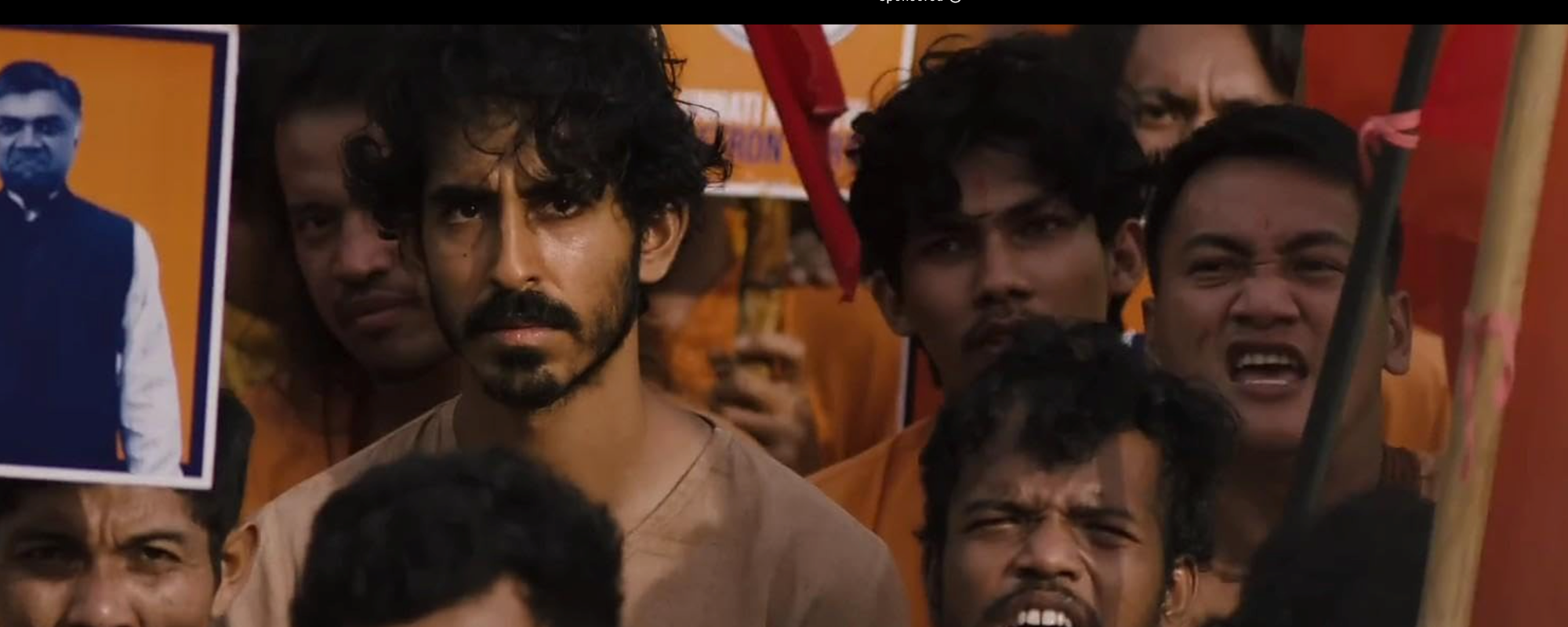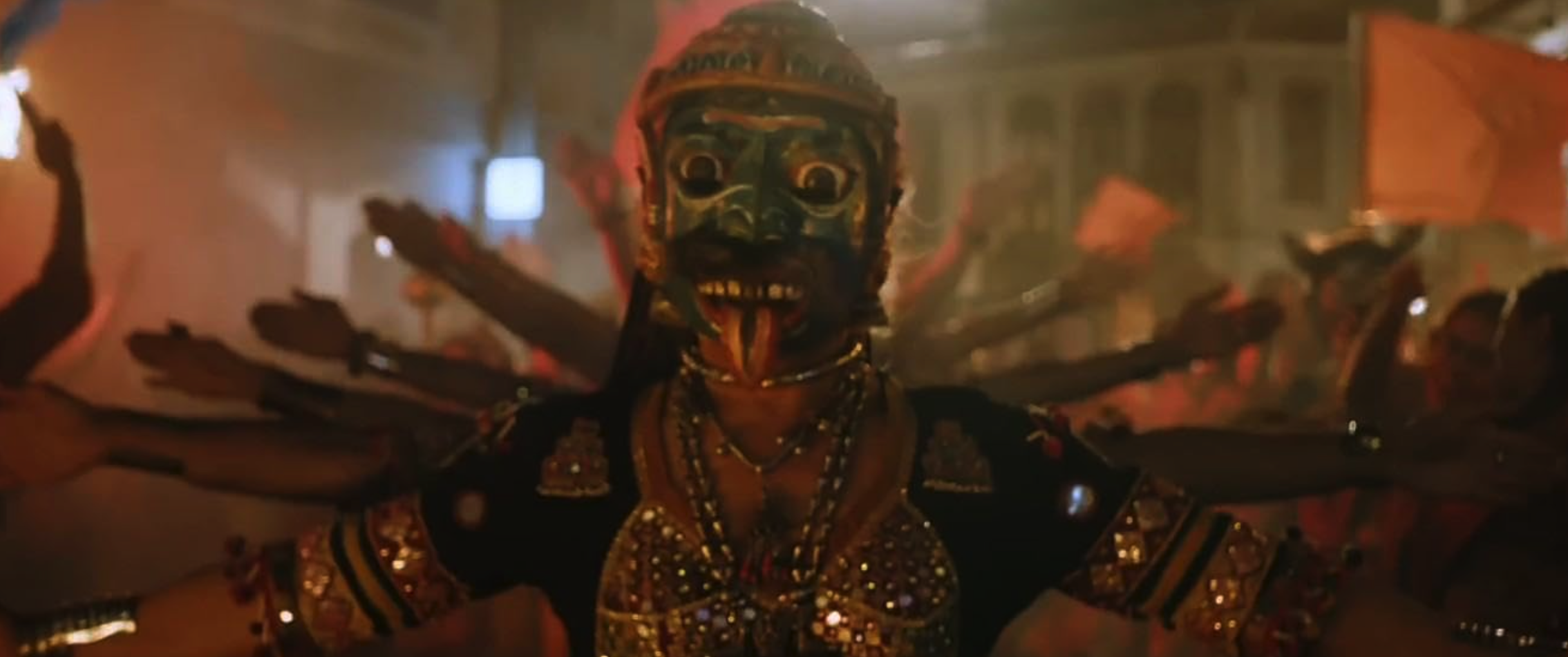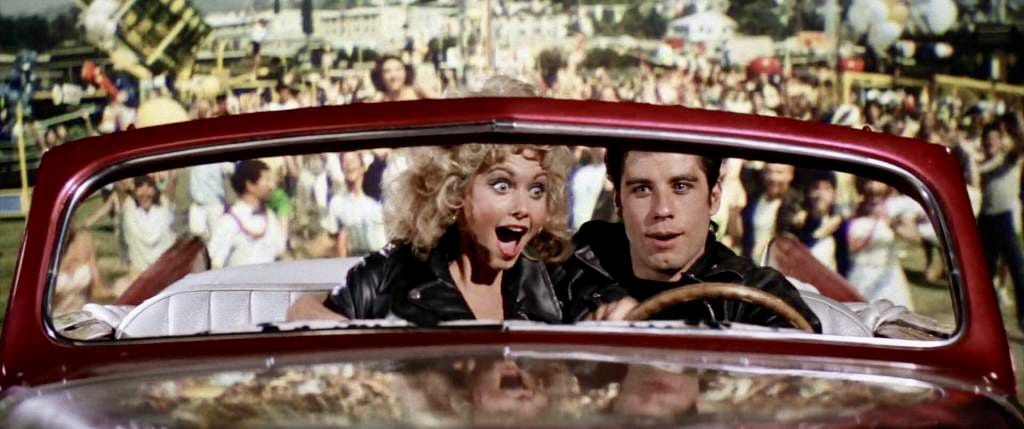By Elena Waller-Sanchez, Second Year, English
Dev Patel’s directorial debut, Monkey Man (2024) takes inspiration from popular action thrillers like John Wick (2014), yet has a unique point of view. Loosely based on the Hindu Hanuman myth, the revenge thriller genre is used as a means to provide commentary on the socio-economic inequalities of modern-day India.
We follow the unnamed protagonist (Dev Patel) in his relentless pursuit of revenge for the death of his mother and the destruction of his village. Set primarily in a city rife with corruption and inequalities, Patel’s character is haunted by his past driven by his thirst for revenge. When given a job working for the elite in Queenie’s (Ashwini Kalsekar) club, Patel’s character sees an opportunity for payback, both for his mother and, on a larger scale, the struggling poor population. This decision takes the viewer on an incredibly fast-paced and thrilling two-hour journey of brutal revenge.

The film’s second act temporarily moves away from the chaotic action sequences that dominate the first, as the film’s hero hides away with a community of transgender warriors led by Alpha (Vipin Sharma). It is in this section that the full extent of the main character’s past trauma is revealed, setting up for the final battle. While significant for developing the motivations of the protagonist, the dramatic change of pace and setting is somewhat disorientating and none of these new characters feel sufficiently well developed to be impactful. However, there are some great pay-offs in the final section when the hero is supported by this community and acts with a new-found purpose.
It is in the action sequences where Monkey Man shines, each scene is beautifully choreographed with very few moments of stillness, which made for an incredibly thrilling watching experience. Rapid camera movements between characters were particularly effective in creating the level of intensity required for this story. There is also a noticeable difference between the action sequences of the first and second acts when the camera becomes more stable around the protagonist to signal a shift from self-destructive to self-assured.

With minimal dialogue and supporting characters, Monkey Man’s focus is predominantly placed on fast-paced action and its hero. Despite this, Patel’s performance is noteworthy for adding emotional depth to a character who primarily speaks in terms of violence. Some supporting characters like Alpha and Sita (Sobhita Dhulipala) also have moments of meaningful emotion though their characters, as with the rest of the supporting cast, aren’t developed much further.
Visually, Monkey Man is a film of contrast, frequently juxtaposing the innocence of childhood with the bleakness of the present day. This contrasting imagery is also employed for social commentary, with the high-rise buildings of the elite often dominating the screen in wide shots. However, these moments of comparison sometimes seem to over-emphasise the point, somewhat limiting the potential for impactful social commentary.

Overall, Dev Patel’s move behind the camera in Monkey Man is a story of success. Throughout the film his passion for the project shines through, making the watching experience incredibly enjoyable. It is an adrenaline-fuelled adventure from the start, with brutal fight sequences that keep you hooked, even if you want to look away. While inspired by the likes of John Wick, Dev Patel’s take on the revenge thriller is refreshing, representing familiar tropes from a distinctly Indian perspective.
Have you seen Monkey Man?









